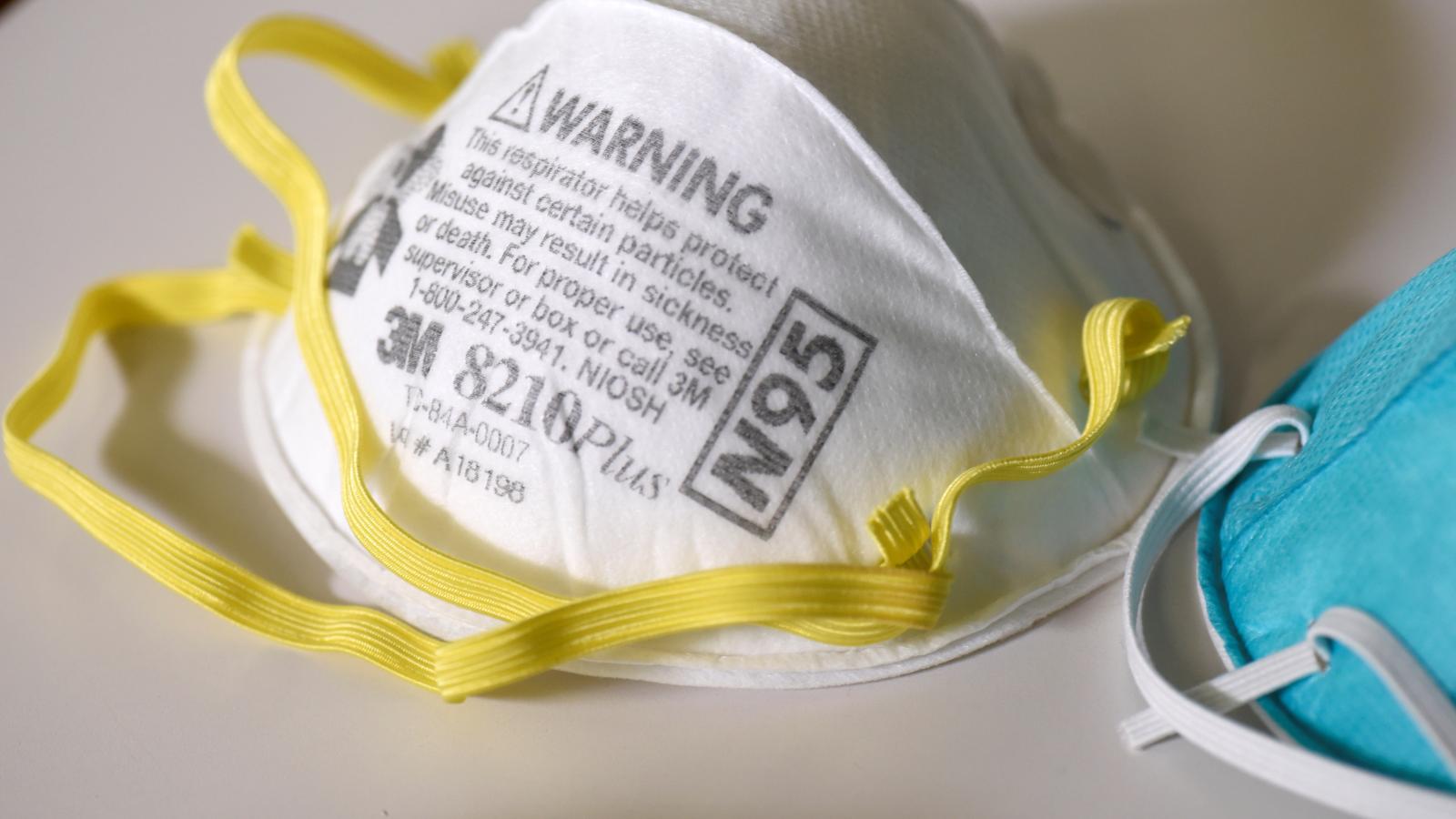ESSENTIAL COMMODITIES ACT
2020 MAR 28
Mains >
Social justice > Government Policies > National policies

Why in news:
Recently, the central government declared hand sanitizers and face masks as “essential commodities”, under the Essential Commodities Act,1955 until the end of June 2020.
The Notification
- Following reports of shortage and irrational pricing of hand sanitizers and masks (2 ply & 3 ply surgical masks, N95 masks) the central government declared these items as essential commodities by amending the schedule of the Essential Commodities Act, 1955.
- The coronavirus pandemic has triggered panic buying of masks and hand sanitisers at many places around the world including in India.
- There are allegations against the manufacturers for hoarding stocks of masks and hand sanitizers.
- Now the government can intervene to regulate the supply and pricing of masks and hand sanitisers and also notify their stock-holding limits.
Essential Commodities Act, 1955
- The Essential Commodities Act has its origin in a pre-Independence wartime measure - the Defence of India Rules of 1939. These were promulgated to address the problem of wartime shortages and consequent hoarding.
- The 1955 law was passed to essentially protect consumers from unreasonable and exploitative increases in prices of commodities in times of shortage.
- The Act defines an “essential commodity” as simply as - a commodity specified in the Schedule. This gives the government sweeping powers to declare a commodity as “essential commodity”.
- The Act gives the central government powers to control the production, supply and distribution of specified essential commodities listed in it. The list is drawn up after joint consultation between the centre and the states. The latter impose stockholding limits on the listed commodities, as the conditions and food habits in states differ widely.
- The Act empowers the central government to add new commodities to the list of Essential Commodities as and when the need arises and to remove them from the list once the crisis is over or the situation improves.
- Under the Act, the government can also fix the maximum retail price (MRP) of any packaged product that it declares an “essential commodity”.
Criticism of the Act
- The Economic Survey 2019-20 argues that the stock limits on commodities under the Essential Commodities Act (ECA) neither bring down prices nor reduce price volatility. The Economic survey brings up data to show that the imposition of stock limits on certain commodities like dal, sugar and onion has caused volatility instead of smoothening the prices.
- There is also an argument that the Act does not distinguish between food processors and wholesale/retail food chains that stock food. Wholesalers and particularly food processing industries need to keep stocks for a few months at a time so that fluctuating prices does not affect them.
- But under the Essential Commodities Act, they can become liable, at least for harassment. Thus, disincentivizing investments in warehouses and storage for crops.
- The list of items that the Prevention of Black-marketing and Maintenance of Supplies of Essential Commodities (PBMSEC) Act, 1980 can be invoked for, comes from the Essential Commodities Act. Also, it is the stockholding limits under the Essential Commodities Act that defines hoarding.
- Some argue that scrapping of the Act can eliminate smaller players while causing orderly development of the warehousing and processing industries, bring price control and provide benefit through economies of scale.
Way forward:
- Distinguishing enterprises as food processing, whole sale and retail for the purpose of fixing stockholding limits will be a good move. It will remove the concerns of industry and wholesalers from possible raids and confiscation of commodities.
- It can nudge warehousing and storage infrastructures from food processing sectors and wholesalers
- The supply-demand mismatches in Agri-commodities can be rectified only if investment is made in supply chain and storage infrastructure. The risk of raids and confiscation of stock any time, prevents businesses from investing.
Practice Question
Q. Essential Commodities Act, 1955 has its origin in the pre-Independence wartime measure and is non-concurrent with the needs and demands of present times. Critically analyze.
